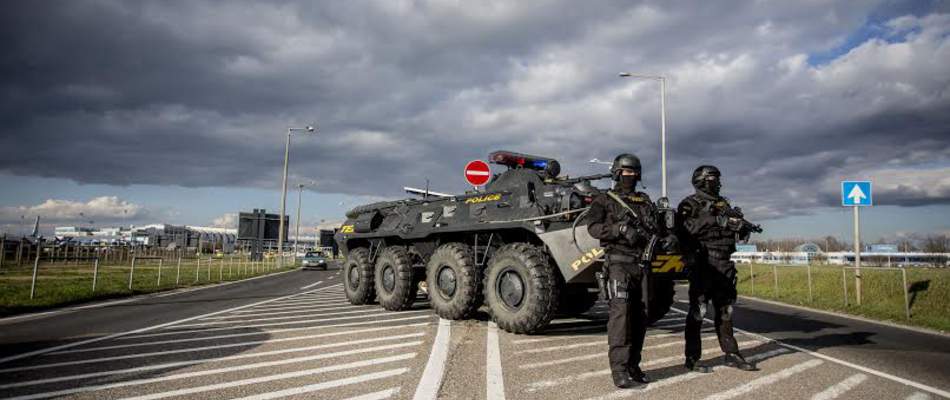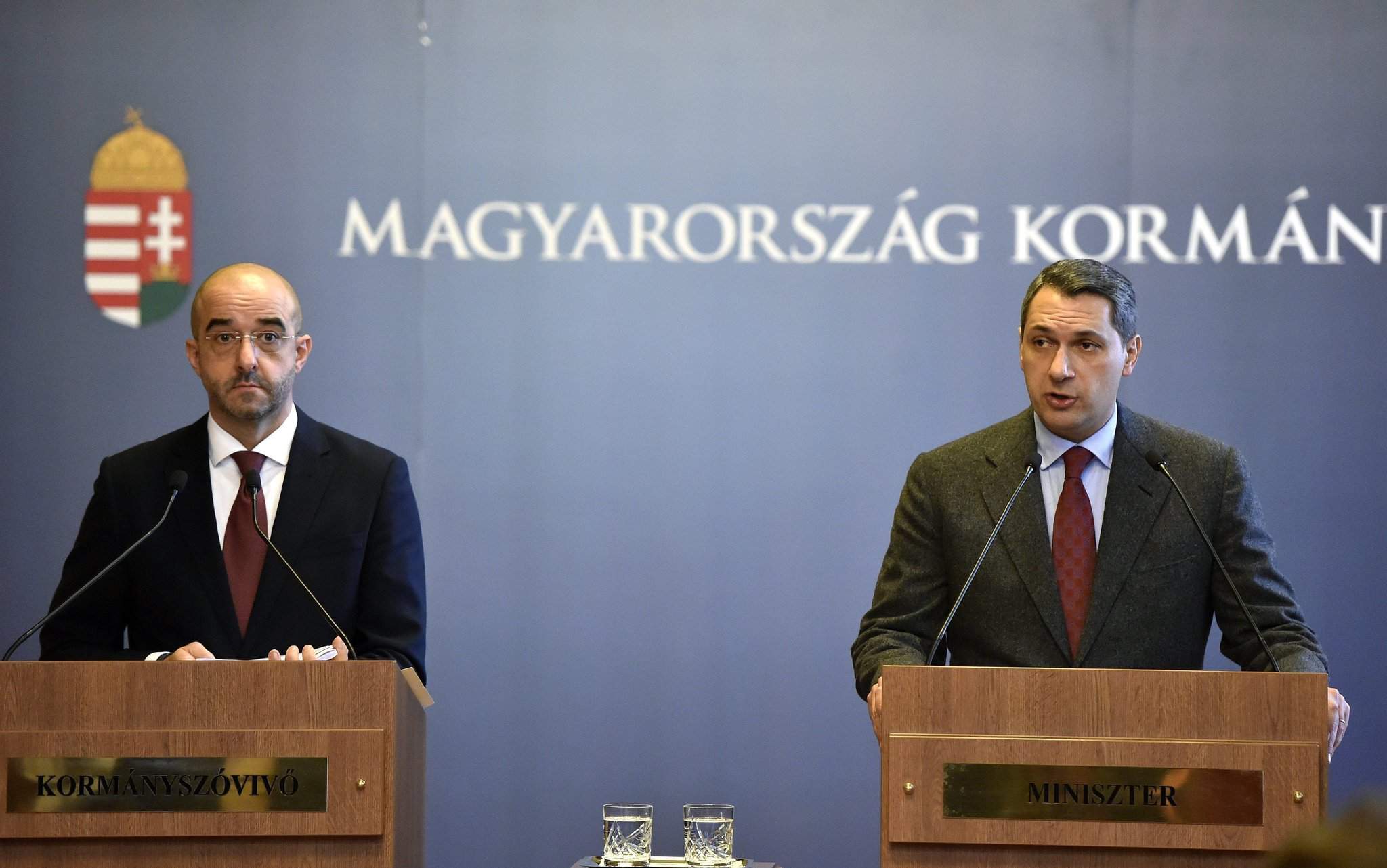Hungarian government: fierce EU debate expected over migrant quotas
Budapest, November 17 (MTI) – Government office chief János Lázár has said European Union member states were likely to have a fierce debate over whether the bloc should adopt a mandatory migrant quota scheme or a more flexible one proposed by EU President Slovakia recently.
Hungary rejects the mandatory scheme proposed by European Commission President Jean-Claude Juncker, Lázár noted at a weekly government news conference on Thursday. At present, however, a majority of EU member states are in favour of mandatory quotas, he said.
Lázár said that Hungary’s national consultation and referendum on migrant quotas were important elements in rejecting the commission’s scheme, adding, however, that a constitutional amendment would have made Hungary’s position on the matter even bolder.
Hungary’s parliament last week failed to pass a constitutional amendment bill that would have banned the resettlement of foreign nationals in the country.
Lázár also said Hungary was prepared to review the EU’s cohesion policy, adding, however, that “attempts to put pressure” on Hungary by threatening to strip the country of cohesion funds had weakened since the US presidential election.
Hungary’s access to these funds is not based on solidarity but on economic cooperation, Lázár said, noting that Hungary had waived several of its rights upon its EU accession in 2004.
In view of uncertainties around the EU-Turkey agreement, border control has gained in importance, and reinforcing borders along the Balkan route of migrants has become a matter of consensus, he said.
He said the government had expressed regret over Austria reinstating a border checkpoint at Hegyeshalom. He added that the two countries’ authorities are in permanent touch so that the measure should not hinder the daily border crossing of Hungarian commuters.
Lázár revealed that Hungary and Serbia would hold a joint government meeting on Monday in which illegal migration will be one of the main topics of discussion.
The government approved that the armed forces should employ 1,400 new NCOs. In December the defence minister will put forward a draft plan for armed forces development in the period 2018-2028, he said.
In response to a question, Lázár said that the activity of paramilitary organisations had witnessed an upswing during the period 2006-2010 with support from the Jobbik party. The then government shared some responsibility for that tendency, he insisted. Ever since the government restored the state monopoly over law enforcement in 2010, these organisations have not posed a challenge to national security and they lack mass support, Lázár said.
Photo: MTI
Source: MTI
please make a donation here
Hot news
Top Hungary news: train derailed, huge tax against short-term rentals, new train stations, Hungarians about the war, Dracula, cocktail bars — 21 October, 2024
Hungarian research could yield breakthrough in Covid-19 treatment
5+1 stylish cocktail bars in Budapest to explore with your friends after a long day
Railway stations in major Hungarian cities to be completely rebuilt with private capital
Young people planning armed attacks against protected persons in Hungary – US intelligence warns
Hungary, Laos agriculture ties strengthening: Minister Linkham Duangsavanh visits Budapest





